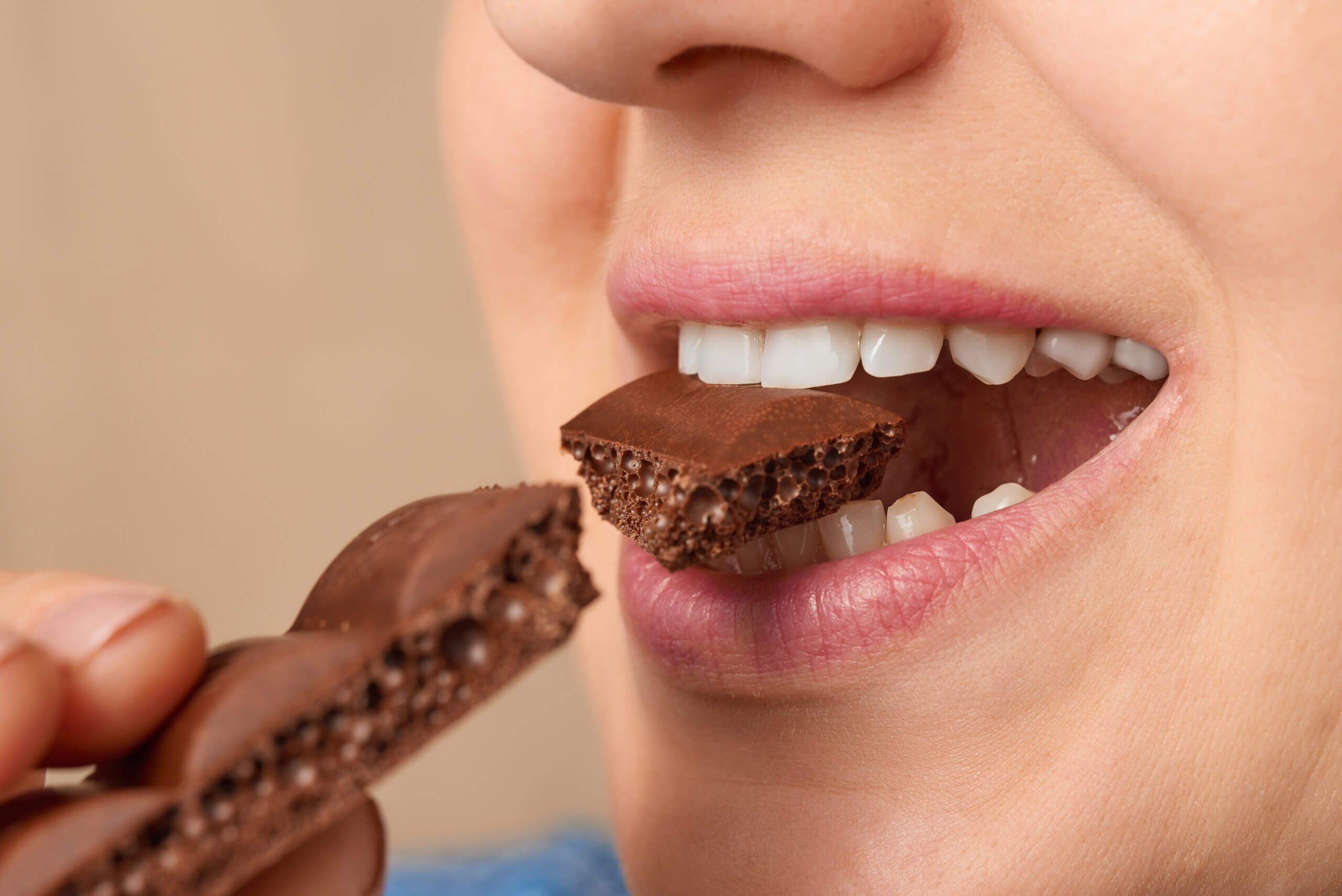
The Connection Between Diet and Tooth Decay: Foods to Avoid
Are you consuming too many sweets lately? It could be affecting your oral health. There’s a well-known link between diet and tooth decay; certain foods increase your risk of developing cavities.
The Journal of Biomedicine and Biotechnology defines tooth decay as the demineralization of the enamel and dentine caused by acids that form in plaque when combined with bacteria.
Understanding this complex process and the foods commonly responsible for tooth decay can help reduce your risk of future cavities. Let’s explore the connection between diet and tooth decay.
Importance of Good Nutrition for Dental Health
Proper nutrition is essential for good oral health. While it’s safe to indulge in the occasional sugary treat, poor eating habits can cause the steady breakdown of the tooth structure, leading to painful cavities.
Here’s a look at some critical nutrients for a healthy mouth:
- Calcium: This fundamental mineral is the main structural component of teeth. Without ample calcium, your teeth can become weak and more susceptible to decay. Yogurt, milk, and cheese are excellent sources of calcium.
- Vitamin D: The body needs vitamin D to properly absorb calcium. This vitamin helps the body absorb calcium from the foods it eats. Egg yolks, fatty fish, and fortified foods all contain an abundance of vitamin D.
- Phosphorous: This critical mineral works with calcium to form the rigid outer structure of your teeth, otherwise known as enamel. Foods rich in phosphorus include nuts, poultry, lean meat, and dairy products.
- Vitamin C: The body needs vitamin C to maintain optimal gum health. Without enough vitamin C, you’re at a higher risk of developing bleeding gums and gum disease. You can get vitamin C from oranges, strawberries, and broccoli.
How Tooth Decay Forms
Tooth decay is a process that happens over time. It begins with dental plaque, a sticky film that coats the teeth’ surface and builds up in the mouth. Plaque is usually caused by eating many sugary foods and drinks and inadequate teeth cleaning.
When sugars sit on the teeth too long, bacteria feed on them, forming plaque. If plaque is not removed through brushing and flossing, it can harden into tartar, which can only be removed by a dental professional.
The harsh acids produced by bacteria remove essential minerals in your enamel. This erosion leads to tiny holes in the enamel, the first stage of tooth decay. If the acids continue to eat away at the enamel, they can reach the underlying layer of tooth structure, called the dentin.
Eventually, tooth decay can reach the center of the tooth, where there are blood vessels and nerves. Once the pulp comes into contact with bacteria, it can swell and become irritated, leading to pain.
Foods to Avoid for Good Oral Health
Preventing tooth decay starts with choosing healthy foods. There are certain foods and drinks that you want to steer clear of or consume only on occasion. These include:
- Sticky Sweets and Candies: Caramels, lollipops, and other refined sugar treats can be harsh on the teeth. If you have a sweet tooth, opt for dark chocolate made of 70% cacao instead, but remember that moderation is vital.
- Starchy Foods: Potato chips, soft breads, and similar starchy foods can quickly become trapped between the teeth, increasing your risk of developing tooth decay.
- Alcohol: Alcohol can dry out the mouth. Food more easily sticks to your teeth without adequate saliva, which can increase your likelihood of developing cavities.
- Citrus: While citrus fruits like grapefruits, oranges, and lemons are packed with nutrients, they should be consumed in moderation. Their acid content can erode enamel, making teeth more vulnerable to decay.
- Carbonated Soft Drinks: Soda pop has a lot of sugar and citric and phosphoric acids that can wear away tooth enamel. It’s best to drink plain water instead.
Contact Our Melbourne, FL Dentist Today
At Artistic Touch Dentistry, we offer a wide range of general and cosmetic dentistry services to help keep your teeth and gums healthy and decay-free. To schedule your next dental teeth cleaning or to learn more about our services, call our office at 321.724.1400.

